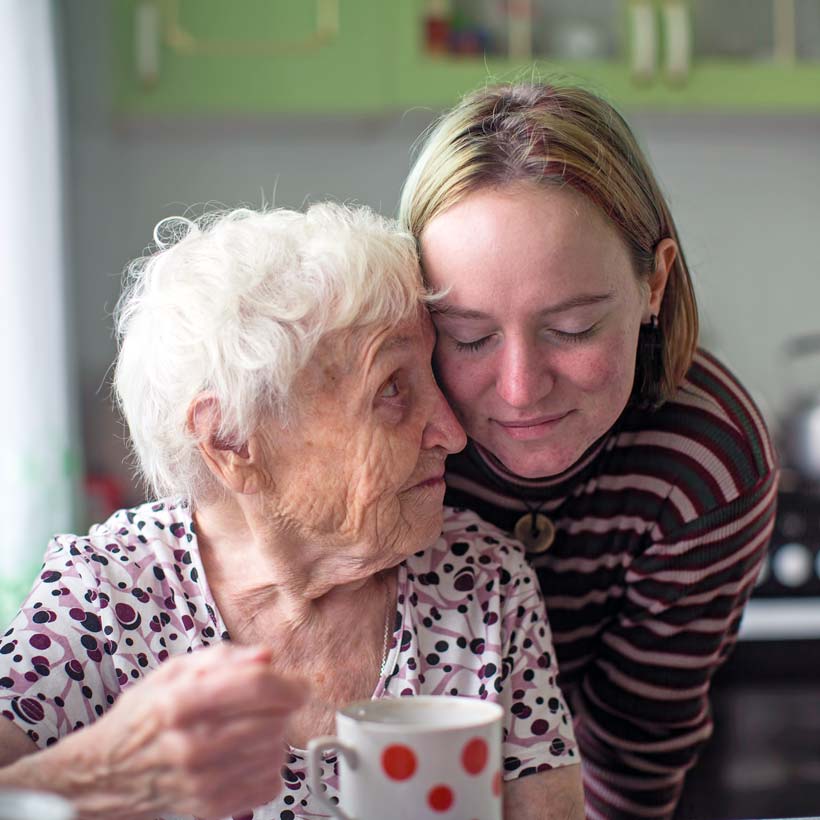1. Arguing with someone with dementia isn’t worth it
Don’t get drawn in and angry with someone with dementia, trying to get them to see things differently or challenge them.
Dementia changes brain function, arguing will increase frustration for both of you.

